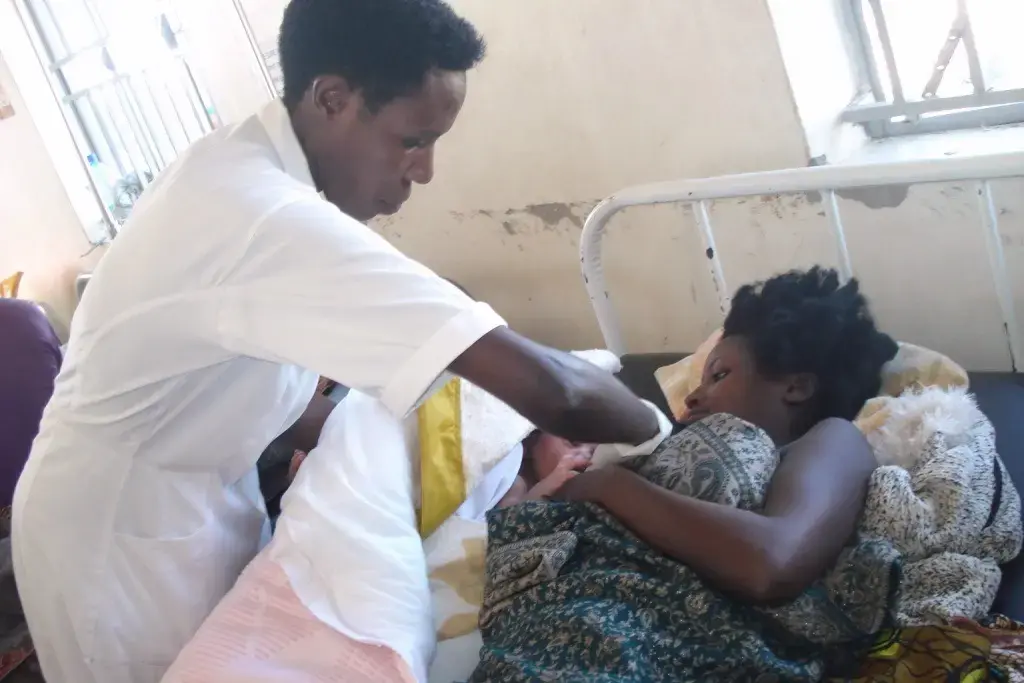By Mr. Alain sibenaler, UNFPA Representative in Uganda
Rolling into 2021, the COVID-19 pandemic is still a reality, disrupting the way we work, testing our resilience, and most importantly testing our capacity to adapt to the new normal of working to reduce inequalities and vulnerabilities. Yet, COVID-19 has shown us the importance of building resilient health delivery systems and resilient communities - at the heart of which are millions of teenage girls – borrowing the words of UNFPA’s East and Southern Africa Regional Director, Dr. Julitta Onabanjo.
As the world has all effort to addressing COVID-19 pandemic, amid struggling health systems, sexual and reproductive health services are being sidelined and gender-based violence is on the rise. There is concern regarding increased female genital mutilation with COVID-19 related lockdowns hiding the cutting of girls. For instance, during lockdown in Uganda, a total of 48 girls in Karamoja (including 13 from Kenya), and 8 in Kween Districts were reported having undergone female genital mutilation, with 81 girls rescued though the UNFPA supported community surveillance and policing interventions.
Analysis from UNFPA project a reduction by 1/3 in the progress towards ending female genital mutilation by 2030 due to COVID-19 pandemic-related disruptions of prevention programmes that help protect girls from this harmful practice. The impact of this is that two million additional female genital mutilation cases could occur globally over the next decade that would otherwise have been averted. Even before COVID-19 upended progress, globally, over four million girls and women were at risk of female genital mutilation each year.
The Zero Tolerance Day against Female Genital Mutilation is commemorated on 6th of February every year. The theme for this year’s commemoration is: “No Time for Global Inaction: Unite, Fund and Act to End Female Genital Mutilation." As we commemorate the day this year, the pandemic has sharpened our resolve to protect the girls and women in Karamoja and Sebei regions of Uganda, who are at risk of female genital mutilation.
Globally, we have intensified our efforts for resource mobilization to ensure that the funding meets the levels of need on ground. According to UNFPA estimates, this will require some $2.4 billion over the next decade, which breaks down to less than $100 per girl. This is a very small price to pay for preserving a girl’s bodily integrity, her health and her right to say “no” to violation. However, most of this money has yet to be raised.
Equally, at country level, we must act, quickly, decisively and on many fronts simultaneously. The Government of Uganda has allocated about $55,000 to the Sebei Female Genital Mutilation practicing districts for interventions. This is a great step towards creating greater impact. We can do even more. We need to ensure that girls have access to education, health care – including sexual and reproductive health services – and livelihoods, and that they are protected by laws, policies and new social norms. Let us encourage the leadership skills of adolescent girls and their male peers and inspire their power to speak out and say “enough” to all forms of violence, including violent assaults on their bodies.
We have had enough of violence against women and girls. It is time to UNITE around proven strategies, FUND them adequately and ACT.




